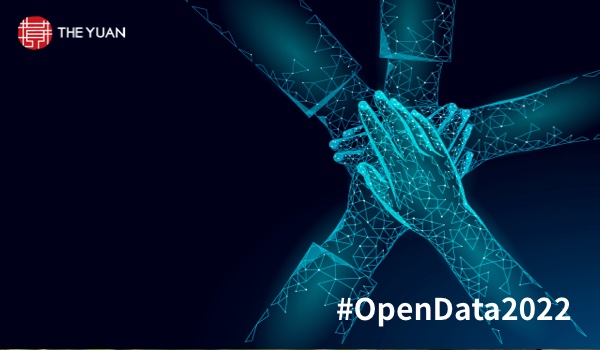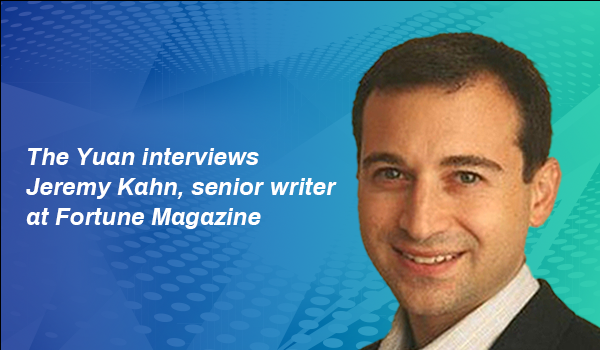


LONDON - Your life may end up depending on an innovation in medical care. Health innovation is the area of artificial intelligence (AI) that really makes people sit up and see the direct relevance and benefits of AI for them as individuals. It shows what Big Data and machine learning (ML) can achieve when applied to fundamentals such as our health and wellbeing.
Three prime examples of this are the prediction of cancer at much earlier stages, earlier diagnoses of signs of deterioration in mental health, and calculating the precise dose of medicine that works best for a person. One should also remember the potential of predictive analytics in health. Used properly, this branch of science can generate useful information and help allocate resources, especially in public health.
The access to and sharing of information is a crucial aspect of the kaleidoscope of possibilities that AI can shake up. Without access to data, innovation is hindered, information and patterns from raw data cannot be extracted, and ML algorithms cannot be trained. It is now clear that both the misuse and missed use of data should be feared in equal measure.
Obstructing health and medical research using the excuse of data protection is just as harmful as excusing the unfettered extraction and sharing of very sensitive data as being the ‘only way’ to carry out innovation. Both approaches are wrong, and such a binary discourse must be challenged and overcome.
In recent years, privacy preserving technologies such as anonymization, cryptography and the use of synthetic data have received increased attention. At the same time, the debate has grown louder around the governance of personal data itself, including the proliferation of new mechanisms such as data trusts, and concepts such as data generosity.
This article explores a wider, richer approach to data sharing, beginning with the need to combine data security with privacy pres
The content herein is subject to copyright by The Yuan. All rights reserved. The content of the services is owned or licensed to The Yuan. Such content from The Yuan may be shared and reprinted but must clearly identify The Yuan as its original source. Content from a third-party copyright holder identified in the copyright notice contained in such third party’s content appearing in The Yuan must likewise be clearly labeled as such. Continue with Linkedin
Continue with Linkedin
 Continue with Google
Continue with Google







 1607 views
1607 views










